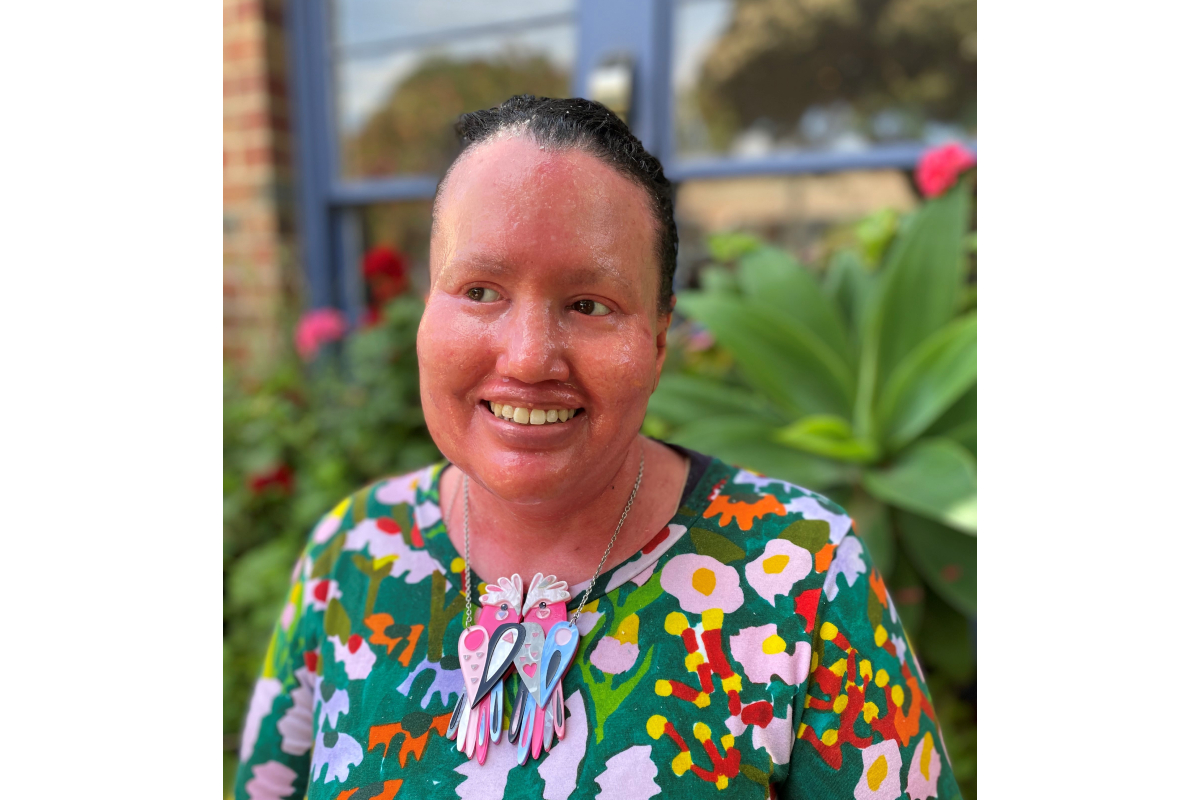There are more than one billion people in the world living with disability. Faced with higher rates of unemployment, increased poverty rates and less education opportunities, Carly Findlay OAM has been working tirelessly to campaign for diversity in the workplace.
Just as the COVID-19 pandemic has brought a flurry of new opportunities, the appearance advocate hopes it will continue to drive progression towards equality.
“We have seen the benefits of working from home, as well as the accessibility of online events,” Carly tells The CEO Magazine. “For many people – especially disabled people – events and art going online because of the pandemic has been the first time they’ve had access to it.
“We have seen accessibility created because non-disabled people have required it, yet disabled people have been calling for these provisions for many years.”
Recognised for using her influence to increase diversity, Carly was awarded the 2021 Australian Awards for Excellence in Women’s Leadership for Victoria.
“To have my writing and activism work recognised means a lot,” she shares. “I am not the only one doing this work. There are many other disabled women and non-binary people working to improve access, inclusion, equity and representation.
“I will continue to nurture and amplify disabled people who aren’t often heard.”
About 15 per cent of the world’s population experience some form of disability, according to the World Bank.
Diagnosed at birth with a lifelong genetic skin condition called ichthyosis, Carly has spent her life fighting social challenges.
Having penned a memoir and working as the Access and Inclusion Coordinator at Melbourne Fringe Festival, the appearance advocate acts as a voice for greater inclusion for everyone.
“I like to use my writing and social media to amplify disabled people, especially people of colour, who aren’t always heard,” she says. “I will also call in organisations that don’t seem to be considering disability access and inclusion.”
Not only does Carly use her award-winning writing skills for influence, she frequently turns to fashion to make an impact and create conversation.
“On a personal level, I like to post outfit photos on social media,” she explains. “This might seem superficial, but it’s a political, defiant act. I love fashion, especially wearing the rainbow.
“I want to show brands that, yes, appearance diverse and disabled people spend money at their stores.
“It’s not expected that I could feel fabulous while living with a rare, severe skin condition and facial difference. And this has had a great reaction [when I post on Twitter] – I love seeing other disabled people share their outfit photos with similar captions.”
To truly make a positive impact on diversity and inclusion, it starts with gaining the attention of top leaders at every organisation worldwide.
“I still see leaders put disability access and inclusion last,” she says. “Disability is still the forgotten aspect of diversity – it’s very rare to see disability and accessibility on the agenda.”
Through breaking down the fear of getting access and inclusion wrong, the advocate believes companies should start small and build towards implementing effective disability through education.
One of the ways the appearance advocate believes change can occur is simply through greater representation of people living with disability in leadership positions.
“I want to see more disabled people in leadership positions,” Carly says. “As an arts worker and artist, I often see performance spaces inaccessible to many disabled people. This is because it’s not expected that disabled people can lead.
“We need to make space for disabled people to advance into leadership positions – and if you’re a non-disabled person taking space in disability media, art, research, policy, sport and so on, please consider mentoring disabled people for this work and stepping aside to make space for us. Nothing about us without us.”



